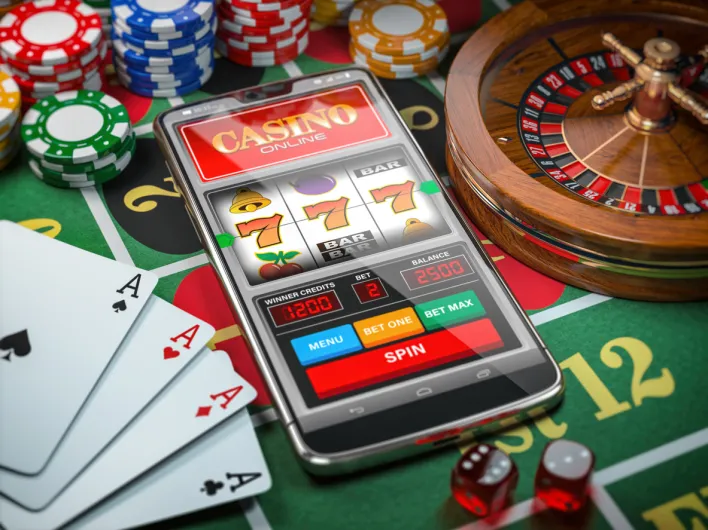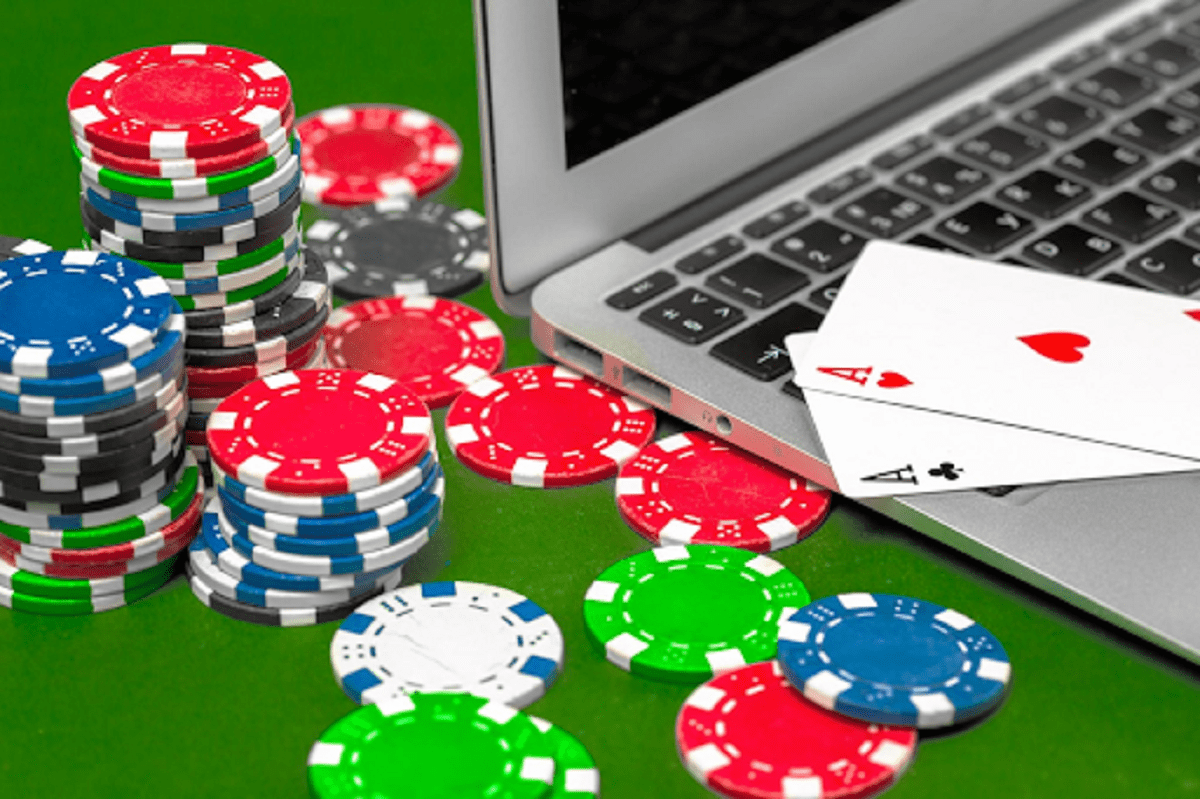Team-based e-gaming competitions demand coordination that rivals traditional sports in complexity and execution. Players seeking to improve their team skills find valuable resources at https://jaltarang.com/ where strategies for effective communication and role specialization help squads perform better under pressure. The growing recognition of teamwork as the deciding factor in competitive play has shifted training focus from individual mechanics to collective performance that multiplies the effectiveness of each team member.
Communication – the invisible advantage
Team success hinges on clear, efficient communication during intense gameplay moments. Top squads develop custom callout systems that convey maximum information with minimal words, allowing split-second decisions that appear telepathic to outside observers. These communication frameworks evolve as teams identify which information matters most in different scenarios. Players train specific communication patterns for various game situations. During regular gameplay, teams share essential information about resource status and position. This changes during fights where urgent calls about enemy locations and damage dealt take priority. After engagements, effective teams quickly assess what worked and what failed, making real-time strategy adjustments that less organized teams miss.
Voice tone management plays a surprisingly important role in team effectiveness. Players learn to maintain calm, clear communication even during high-pressure moments. The best team captains monitor emotional states through voice cues, stepping in to refocus teammates when stress levels rise too high during critical tournament matches.
Role specialization creates synergy
Team-based games assign specific functions that complement each other when properly executed. Front-line players create space and absorb damage, while support roles empower teammates through healing or utility abilities. This interdependence means even the most skilled individual player cannot succeed without teammates fulfilling their specialized roles. The meta-game evolves constantly as developers adjust game balance and players discover new strategies. Adaptable teams cross-train in multiple roles to maintain flexibility when game updates shift the power dynamics between different play styles. This versatility allows teams to surprise opponents with unexpected compositions tailored to exploit specific weaknesses.
Championship teams often feature players who sacrifice personal glory for team success. These unsung heroes take thankless roles that might generate fewer highlights but create the conditions for teammates to shine. The willingness to subordinate individual statistics for collective victory separates truly elite squads from collections of talented but self-focused players.
Mental resilience through shared responsibility
The psychological benefits of teamwork in e-gaming extend beyond gameplay mechanics. Players distribute the mental burden of competition across multiple minds, preventing the burnout that solo competitors frequently experience. This shared mental load helps teams maintain peak performance across multi-day tournaments where mental stamina often decides the final matches. Teams develop recovery rituals for bouncing back after losses or mistakes. Rather than dwelling on errors, effective squads quickly identify lessons learned and refocus on the next challenge. This resilience stems from the mutual accountability that team environments foster, where players push each other to maintain high standards without becoming discouraged by setbacks.
Team identity creates purpose beyond individual achievement, motivating players to push through difficulties they might not overcome alone. The knowledge that teammates depend on your performance generates a powerful drive that produces extraordinary effort in crucial moments. This phenomenon explains why teams often perform well above the sum of their skill ratings during high-stakes tournaments.
Friends and connections made through team-based e-gaming often last far beyond active competition. Shared experiences of triumph and disappointment create bonds that continue enriching players’ lives years after moving on from specific games. These lasting relationships represent the most valuable reward from the countless hours invested in mastering teamwork within digital competitions.




